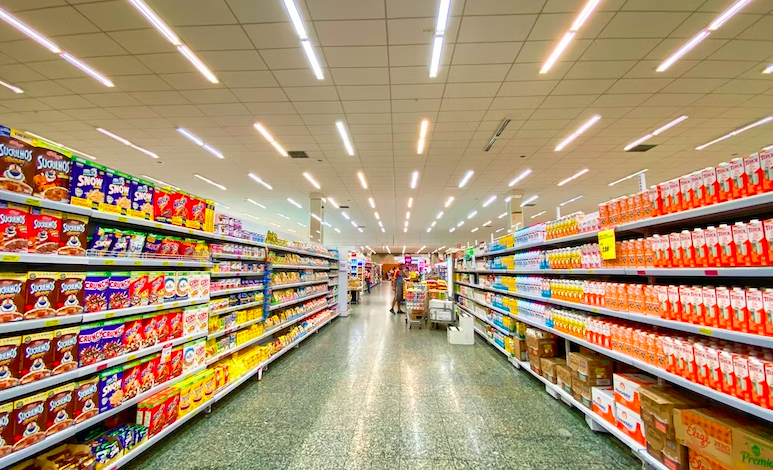
“We need US$100 billion over seven years to bridge the import gap, which amounts to about $30 billion annually,” President Abdel Fattah al-Sisi, said.
This affirms the government’s commitment to providing a strategic stock of basic commodities, and calling for no concern about the availability of basic commodities in the markets.
The Minister of Supply and Internal Trade, Ali al-Moselhy, was delivering his speech at the inauguration of the second phase of the Silo Foods project, in Sadat City, Monufiya Governorate, Thursday, that the government is committed to continuing to provide the strategic stock of basic commodities despite difficult economic conditions and the high cost required to provide this stock.
The government is working to increase the area of land cultivated with soybeans by about 250,000 feddans to increase the production of oils and limit imports, Sisi said, pointing out that Egypt currently imports about 90 percent of its needs of edible oils.
The government plants next year to cultivate 500,000 feddans with soybeans to increase the volume of production, according to Sisi.
During the past forty years, Egypt’s population increased significantly without implementing necessary projects to meet the size of the growing population, Sisi said.
Sisi said Egypt needs to increase the storage capacity of grains to more than six million tons of wheat, rice and corn, and urged the private sector to contribute to increasing the storage capacity so that Egypt would be a logistical hub for storage.
He encouraged investors to create logistical areas in the main ports or the economic zone of the Suez Canal.
The government seeks to reduce the gap that resulted from overpopulation in the past years, by working on several dimensions, he said.
Sisi added: “The factory we are opening today, despite its size, is not large enough and covers only 18 percent of domestic consumption. Nevertheless, it took a long time to build it.”




